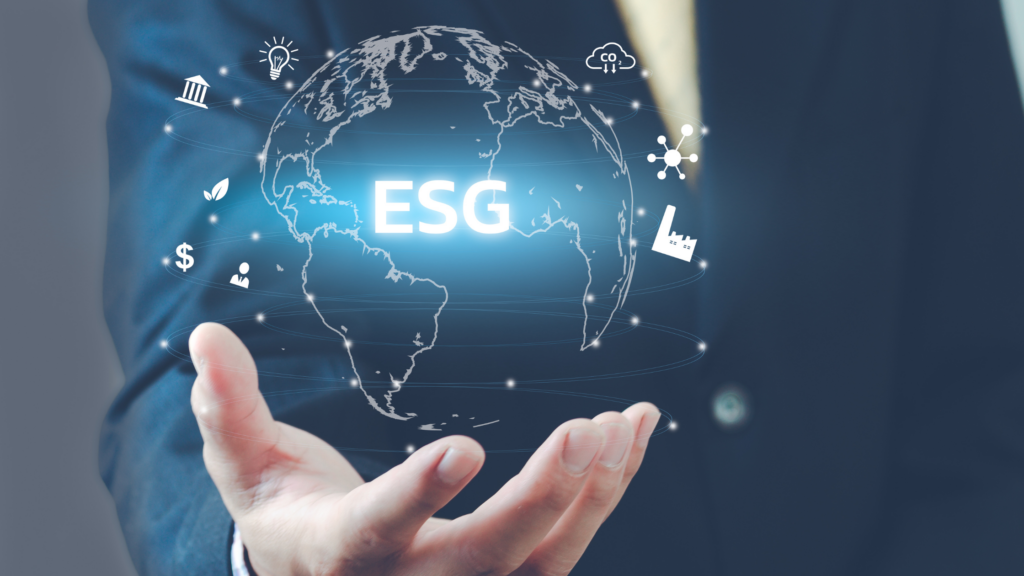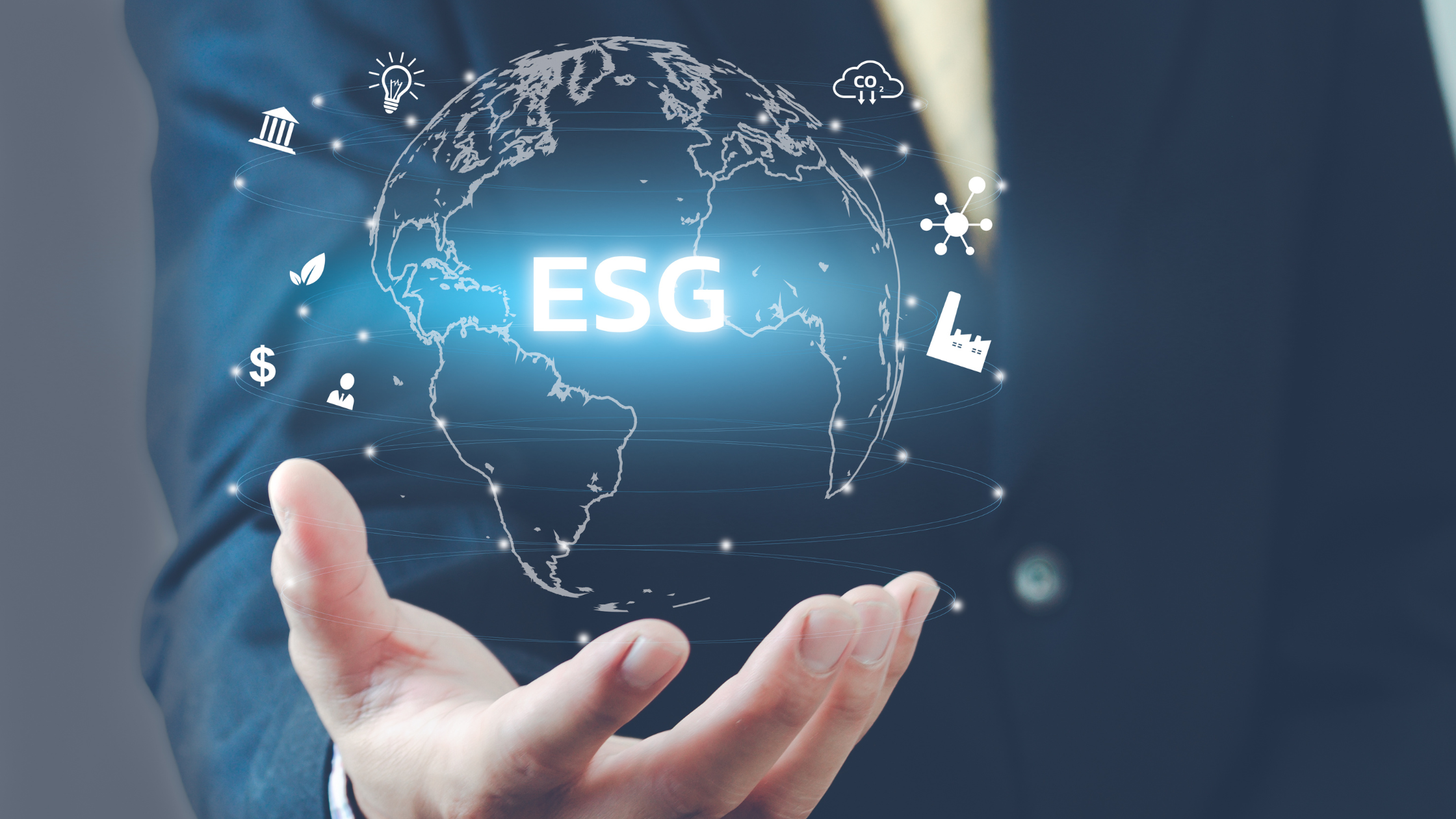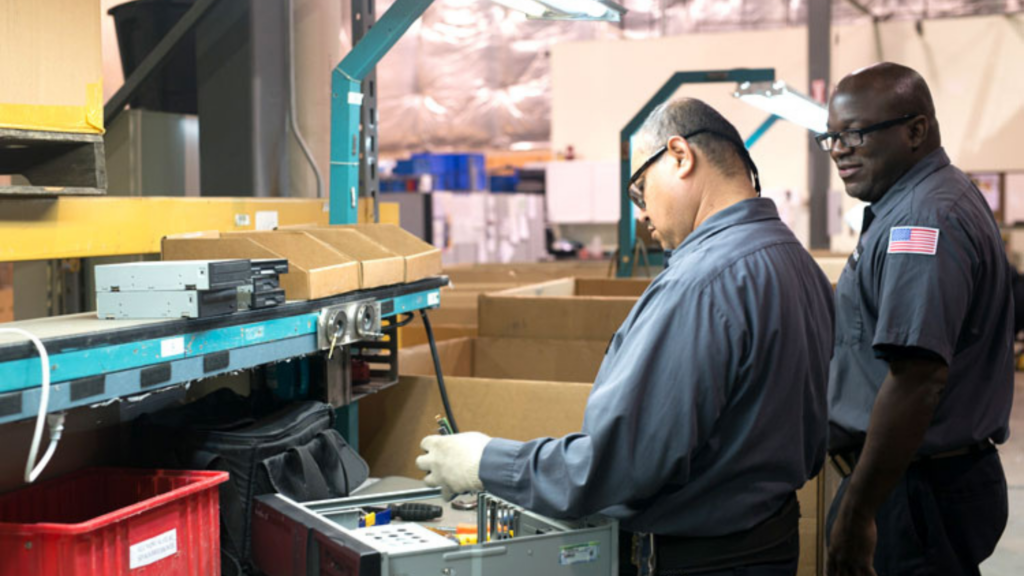ESG has become a buzz term in the ITAD industry- but what does it mean? ESG stands for environmental, social, and corporate governance. Sometimes it is referred to as environmental, social, and governance instead. This is the standard that socially and environmentally conscious investors use to screen potential investments and companies.

It’s important to hold companies, especially e-waste recycling companies, to these standards to ensure that you’re investing in the future of our planet. Sustainable investing or socially responsible investing (SRI) has become increasingly important to some institutional investors. They are looking at ESG to get a more holistic view of a company and what they stand for.
Environmental
The environmental portion of ESG refers to how a corporation impacts the environment. An ESG rating for a corporation is calculated with factors like their use of greenhouse gases, properly managing their disposal of toxic waste, and their attempts to offset their carbon footprint.
E-waste is especially detrimental to the environment. Companies that ensure their end-of-life technology does not end up in landfills are aiding in environmental protection and protecting natural resources. The chemicals in all e-waste can enter the earth’s water sources and soil it when not properly disposed of, so it’s essential to ensure everyone knows what happens when recycling electronics.
Social
How a corporation interacts with its community, stakeholders, and other businesses contributes to the social aspect of ESG. Suppose a company encourages its employees to volunteer, donates a percentage of its profits to non-profit organizations, and practices socially conscious hiring practices. In that case, its ESG score will be positively impacted.
This becomes especially vital when examining how a company disposes of its technology. If a business does not use an R2 certified ITAD service, their old technology may end up in landfills or third-world countries being picked for pieces, eventually ending up in the ocean. It’s hard to know who the laborers will pick out pieces of equipment. They could be children who are underpaid or required to work in unsafe conditions.

Corporate Governance
Corporate governance is the internal way an organization is run and how its goals align with stakeholder expectations.
If a company commits to recycling its e-waste, but a VP is seen disposing of a broken tablet in the dumpster behind the building, that would negatively impact an ESG score. This ensures that leadership has the same values that the company is publicizing.
Why It Matters
So at the end of the day, why does this matter? It shows how other companies are looking to improve their ESG score, which is where Securis can help. At Securis, we can ensure that your company properly disposes of any e-waste.
As an R2 certified company, we know how important it is to keep your e-waste out of landfills. This is important for our environment and the safety of your and your customer’s information. If you are interested in how we could help your organization improve its ESG score, contact us here.




